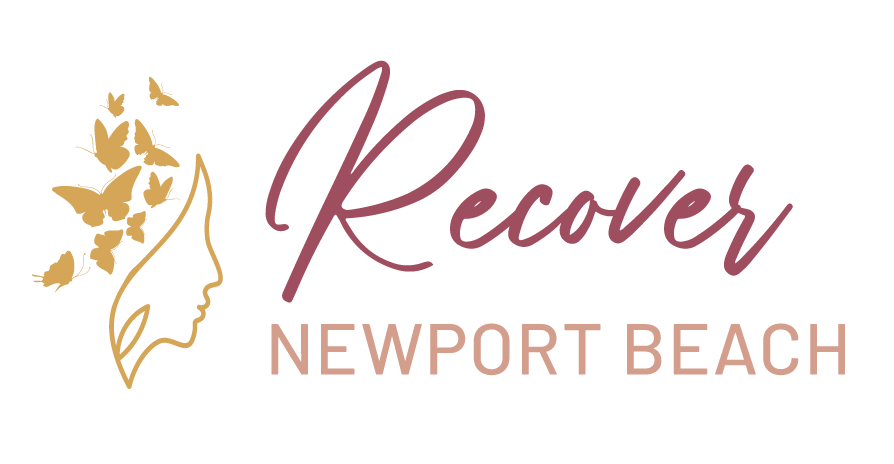When we talk about eating disorders, we often focus on food, body image, and control. But there’s another piece of the puzzle that’s just as important—trauma. For many people, traumatic experiences play a huge role in developing disordered eating habits. Understanding how trauma and eating disorders are connected can be a game-changer in recovery. Let’s dive into how trauma influences eating behaviors, the types of trauma that might trigger disordered eating, and some steps you can take toward healing.
How Trauma Impacts Our Relationship with Food
Trauma can come in many forms—whether it’s something like childhood abuse, a major accident, relational disruptions or emotional neglect. When someone experiences trauma, they often feel like their world is out of control. To cope, many turn to food as a way to regain some sense of stability. Whether it’s restricting food, binge eating, or purging, these behaviors might feel like a way to take back control or numb emotional pain.
The problem? While it might feel like these behaviors help in the short term, they end up causing more harm and can trap you in a cycle that’s hard to break.
What Types of Trauma Can Lead to Eating Disorders?
Trauma doesn’t look the same for everyone, and different kinds of trauma can affect eating behaviors in different ways. Here are a few common types of trauma linked to eating disorders:
1. Childhood Trauma
Growing up in an environment where you faced abuse, neglect, or abandonment can deeply affect how you view food and your body. For some, food becomes a source of comfort or a way to feel in control when everything else feels chaotic. If you were criticized or ashamed about your body as a child, that can lead to long-lasting struggles with body image and disordered eating.
2. Sexual Abuse or Assault
Survivors of sexual abuse or assault often develop complicated relationships with their bodies. They might feel disconnected from or even unsafe in their own skin. As a result, they might use food as a way to cope—either by trying to change their body size to feel “safer” or by using food to numb painful feelings.
3. Domestic Violence or Emotional Abuse
If you’ve experienced an abusive relationship, especially where control was taken away from you, food can feel like the one thing you have power over. Unfortunately, this can lead to disordered eating patterns that may feel like survival but are harmful over time.
4. Bullying or Body Shaming
Bullying or being ashamed about your appearance, especially during the vulnerable years of adolescence, can stick with you for life. Constant criticism about how you look can warp your body image and lead to unhealthy attempts to control your size or appearance through eating.
Signs That Trauma Might Be Playing a Role in Your Eating Disorder
It’s not always easy to spot the connection between trauma and eating disorders. But here are a few signs that trauma could be a factor:
● Emotional Eating or Restricting: You might eat to cope with emotions—whether it’s stress, sadness, or fear—or you might avoid food altogether as a way to regain control.
● Obsessing Over Body Image: Constantly worrying about your weight or shape and engaging in extreme behaviors to manage it.
● Feeling Out of Control: Using food as the one thing in your life you can control when everything else feels overwhelming.
● Avoiding Social Situations: Isolating yourself or creating strict food rules as a way to avoid dealing with the emotional pain tied to your trauma.
Healing from Trauma-Related Eating Disorders
If you’re reading this and thinking, “This sounds like me,” you’re not alone—healing is possible. Here are a few steps you can take to start working through both the trauma and the disordered eating:
1. Get Professional Help
One of the most important steps is finding a therapist who understands both trauma and eating disorders. Working with a trauma-informed therapist can help you untangle these two issues and develop healthier ways to cope. Therapies like Cognitive Behavioral Therapy (CBT), EMDR, or Dialectical Behavioral Therapy (DBT) are often really helpful.
2. Practice Self-Compassion
This can be tough—especially if you’re used to being hard on yourself—but self-compassion is key to recovery. Learning to treat yourself with kindness instead of judgment can help you start healing from both the trauma and the disordered eating.
3. Build a Support System
You don’t have to do this alone. Finding a support system—whether it’s family, friends, or a support group—can give you the encouragement and accountability you need. Connecting with others is a big part of the healing process, especially if trauma has left you feeling isolated.
4. Reconnect with Your Body
Trauma often leaves us feeling disconnected from our own bodies. Practices like mindfulness, yoga, or meditation can help you get back in touch with what your body really needs. It’s about learning to listen to your body without judgment, and that can be a powerful step in healing.
Final Thoughts: There’s Hope for Healing
The connection between trauma and eating disorders is real, and it can feel overwhelming at times. But know this: recovery is possible. You are not defined by your trauma or your eating disorder. With the right tools, support, and guidance, you can break free from the cycle and find peace again.
If any of this resonates with you, or if you’re struggling with trauma and disordered eating, reach out. You don’t have to go through this alone. Healing is a journey, and it’s okay to take it one step at a time. Need more support?
You can reach us by email at hello@recovernewportbeach.com, call or text us at 949-992-3585, or fill out a consultation form on our website. We’re here to help you take the first step toward healing.



